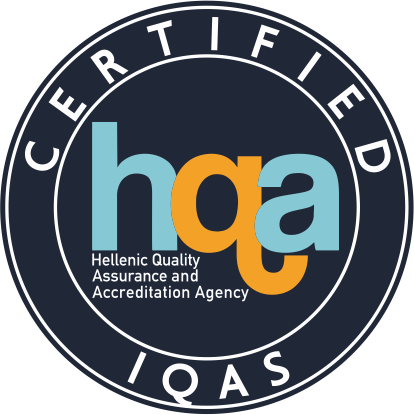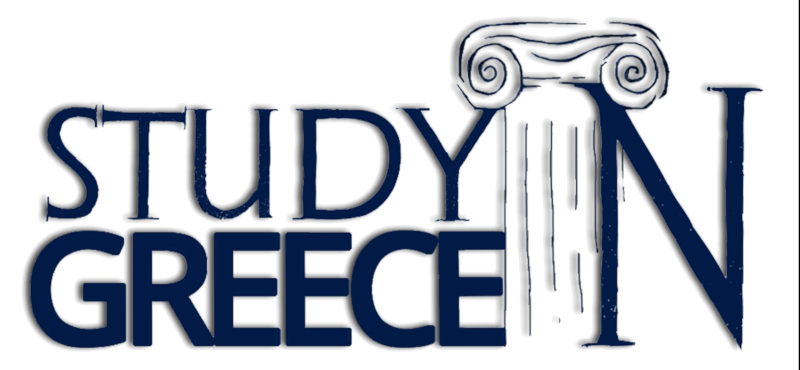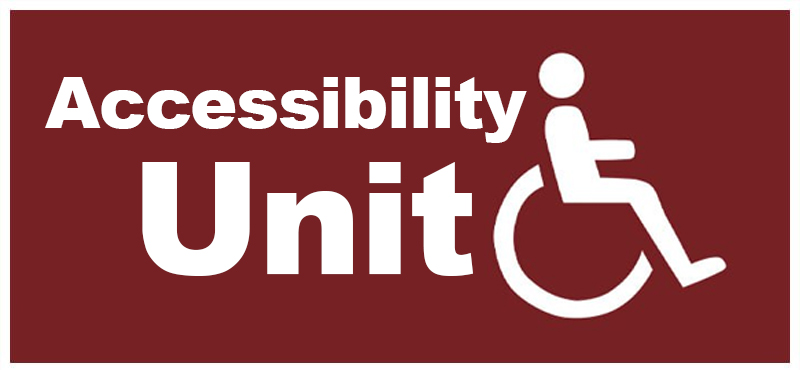"Restoring and attributing ancient texts using deep neural networks", Thea Sommerschield, Yannis Assael, Marita Chatzipanagiotou, John Pavlopoulos, 29/3, 17:15
Distinguished Talks Series, Department of Informatics, Athens University of Economics and Business
Date: Tuesday March 29, 2022
Time: 17:15-18:30 (EEST, UTC+3)
Title: "Restoring and attributing ancient texts using deep neural networks"
Speakers: Thea Sommerschield, Yannis Assael, Marita Chatzipanagiotou, John Pavlopoulos
MS Teams link:
https://teams.microsoft.com/l/meetup-join/19%3a894b94bada574e79a028317f65ea3ee7%40thread.tacv2/1633075027765?context=%7b%22Tid%22%3a%22ad5ba4a2-7857-4ea1-895e-b3d5207a174f%22%2c%22Oid%22%3a%225b49c8b5-6801-409c-a8f8-6e18215b3a08%22%7d
On Tuesday March 29, Thea Sommerschield, Yannis Assael, Marita Chatzipanagiotou, and John Pavlopoulos will present (remotely, via MS Teams) the work of the article "Restoring and attributing ancient texts using deep neural networks", which was recently published in Nature. Thea and Yannis were the main researchers of this work and will discuss the goals of the project, the technology that was developed, and its applications in the humanities. Marita and John will highlight the contribution of AUEB's team. The talk will be in English and will mostly target computer scientists. Presentations for humanities researchers will be announced by the speakers in the following weeks.
Research: Yannis Assael, Thea Sommerschield, Brendan Shillingford, Mahyar Bordbar, John Pavlopoulos, Marita Chatzipanagiotou, Ion Androutsopoulos, Jonathan Prag, Nando De Freitas.
Paper: https://www.nature.com/articles/s41586-022-04448-z
Cover: https://www.nature.com/nature/volumes/603/issues/7900
Video: https://youtu.be/rq0Ex_qCKeQ
Blog: https://deepmind.com/blog/article/Predicting-the-past-with-Ithaca
Ithaca online: https://ithaca.deepmind.com/
Abstract of the article:
Ancient history relies on disciplines such as epigraphy —the study of inscribed texts known as inscriptions— for evidence of the thought, language, society and history of past civilizations. However, over the centuries, many inscriptions have been damaged to the point of illegibility, transported far from their original location and their date of writing is steeped in uncertainty. Here we present Ithaca, a deep neural network for the textual restoration, geographical attribution and chronological attribution of ancient Greek inscriptions. Ithaca is designed to assist and expand the historian's workflow. The architecture of Ithaca focuses on collaboration, decision support and interpretability. While Ithaca alone achieves 62% accuracy when restoring damaged texts, the use of Ithaca by historians improved their accuracy from 25% to 72%, confirming the synergistic effect of this research tool. Ithaca can attribute inscriptions to their original location with an accuracy of 71% and can date them to less than 30 years of their ground-truth ranges, redating key texts of Classical Athens and contributing to topical debates in ancient history. This research shows how models such as Ithaca can unlock the cooperative potential between artificial intelligence and historians, transformationally impacting the way that we study and write about one of the most important periods in human history.
Short bios of the speakers:
Thea Sommerschield is a Marie Curie Fellow at Ca' Foscari University of Venice and Fellow in Hellenic Studies at Harvard's Center for Hellenic Studies. Thea's research uses machine learning to study the written cultures of the ancient world.
Yannis Assael is a Staff Research Scientist at Google DeepMind working on Artificial Intelligence. Ηe is featured in Forbes' "30 Under 30" distinguished scientists of Europe.
Marita Chatzipanagiotou recently graduated from AUEB's MSc program "Digital Methods for the Humanities". Marita's contribution to the article was largely based on her MSc thesis.
John Pavlopoulos is a visiting scholar at Ca' Foscari University of Venice and researcher at Athens University of Economics and Business and Stockholm University. His research interests include machine learning, especially deep learning, for natural language processing and data science.
This talk is co-organized by (i) the Natural Language Processing Group (http://nlp.cs.aueb.gr/), Dept. of Informatics, AUEB, (ii) AUEB's MSc program "Digital Methods for the Humanities" (https://www.dept.aueb.gr/el/dmh), (iii) the MADGIK group (https://www.madgik.di.uoa.gr/), Dept. of Informatics and Telecommunications, University of Athens, (iv) the Digital Curation Unit - IMSI / "Athena" Research Center (http://www.dcu.gr/), and (v) SKEL, The AI Lab (https://www.skel.ai/), Institute of Informatics and Telecommunications, NCSR "Demokritos".





